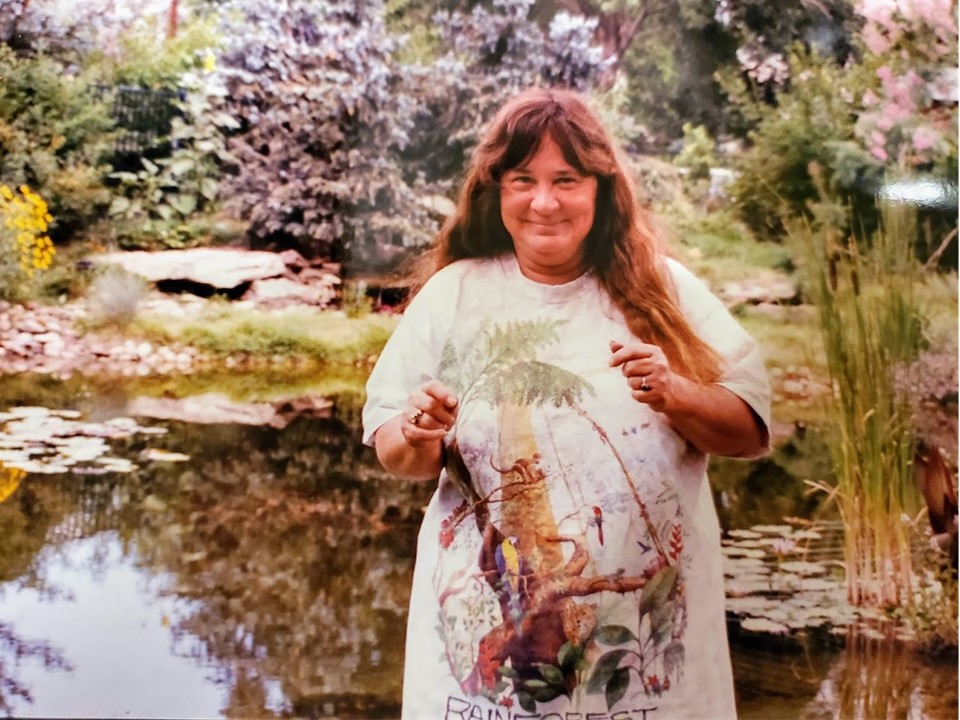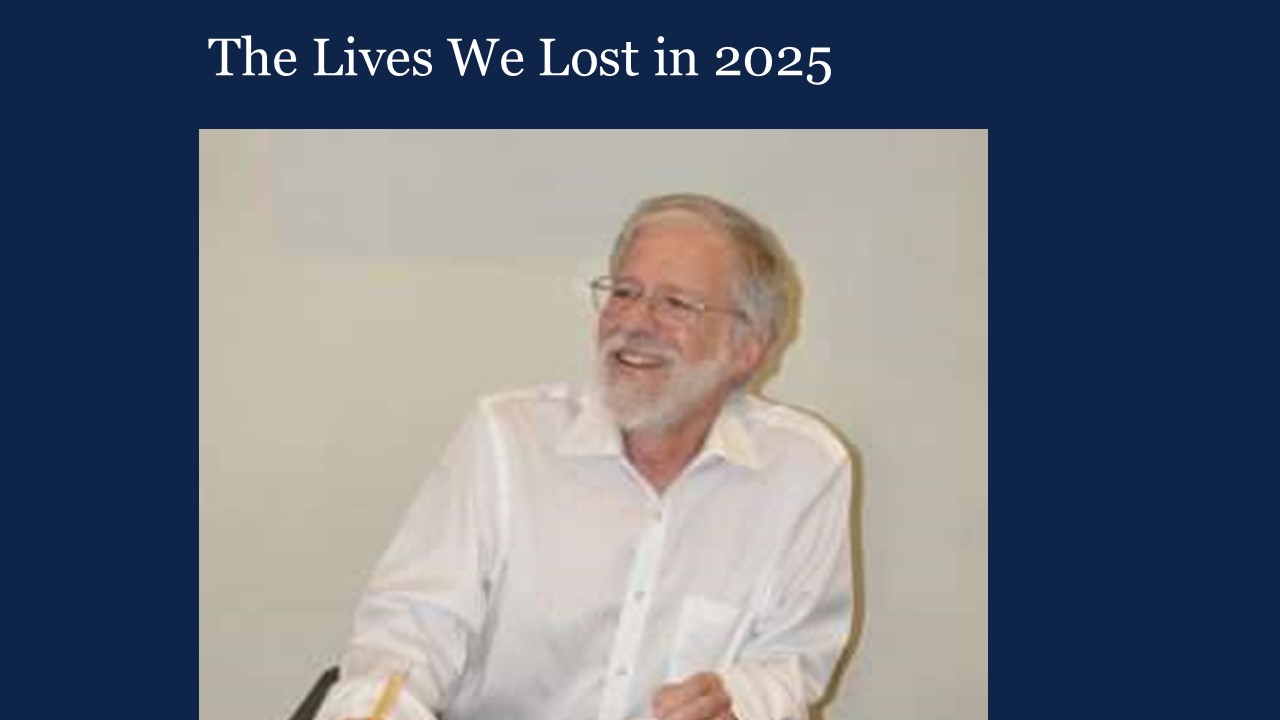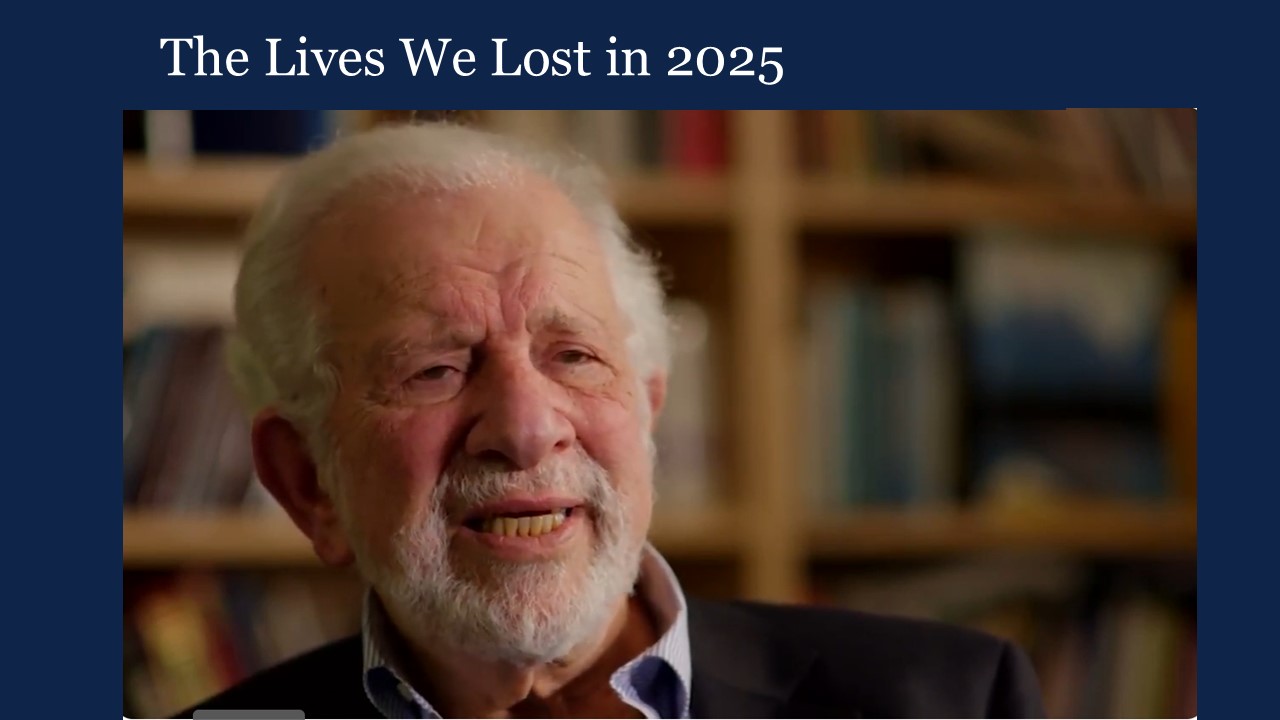If you visit the Heine Wildlife Preserve, located in Wheat Ridge in the greater Denver metropolitan area, you might find dozens of species of birds, butterflies, deer, and fox. You might marvel at the habitat diversity of this 11-acre urban oasis. And you might encounter schoolchildren from the nearby Alpine Valley School, examining bugs, filling bird-feeders, and maintaining the bumblebee habitat.
This oasis of urban wildlife conservation represents the vision of longtime FJC donor Karin Heine, who passed away in May of this year. Ms. Heine was committed over her lifetime to demonstrating how humans might integrate more harmoniously with nature and wildlife, even in urban settings.
Ms. Heine “was often first in line to help others, but her passion was the charities she cared about.”
Harvey Wacht, Principal and Senior Financial Advisor, ShufroRose
“So much conservation in urban areas is abstract and hypothetical,” explains Tony Caligiuri, President of Colorado Open Land. “The special thing about the Heine Wildlife Preserve was that it was right in the middle of the neighborhood, and it was a relatable example of what could be done in an urban environment.” He noted that Ms. Heine loved to make educational opportunities about the environment available to young people, in the hopes of inspiring a next generation of conservators.
Colorado Open Lands was one of several environmental and conservation nonprofits that received significant grants following Ms. Heine’s untimely death, as part of final distribution of funds from her Donor Advised Fund account. Like all the organizations receiving funds from the final distribution, Ms. Heine enjoyed a decades-long relationship with Colorado Open Lands.
In the early 2000s, Colorado Open Lands entered into an agreement with Ms. Henie to establish a conservation easement on her property: a voluntary, permanent contract whereby the landowner gives up development rights of a property in perpetuity, in return for tax benefits. The preserve has grown through careful stewardship from 3.7 acres initially to 11 acres today, and the easement will ensure the property will remain a nature habitat forever. Following Ms. Heine’s death, Colorado Open Lands is in conversation with its board about this most strategic use of her final grant, with the hopes of adding organizational capacity to address a backlog of similar conservation projects, representing potential conservation of 100,000 acres across the state.
Ms. Heine was committed over her lifetime to demonstrating how humans might integrate more harmoniously with nature and wildlife, even in urban settings. Her philanthropy has created an enduring conservation legacy for generations to come.
“The Nature Conservancy works locally to globally, and Ms. Heine appreciated that approach,” said Carlos Fernandez, the State Director for The Nature Conservancy in Colorado, another organization that received significant grant funding from Ms. Heine’s DAF account. He noted that Ms. Heine was a discerning philanthropist with a trust-based approach to giving that allowed the Conservancy to find the most impactful use for the funds.
Financial advisor Harvey Wacht, a Principal at ShufroRose, reflected on his thirty-year friendship with Ms. Heine, which began with a advisory relationship with Ms. Heine and other members of her family. Ms. Heine lived among animals, keeping goats for pets and a chicken coop “before it became fashionable for hipsters in Brooklyn.” He noted that Ms. Heine cared deeply about the local community, and “was often first in line to help others,” often providing financial support personally to friends and neighbors in crisis. “But her passion was the charities that she cared about,” reflected Mr. Wacht, noting that her philanthropy and longstanding nonprofit relationships have created an enduring conservation legacy for generations to come.




